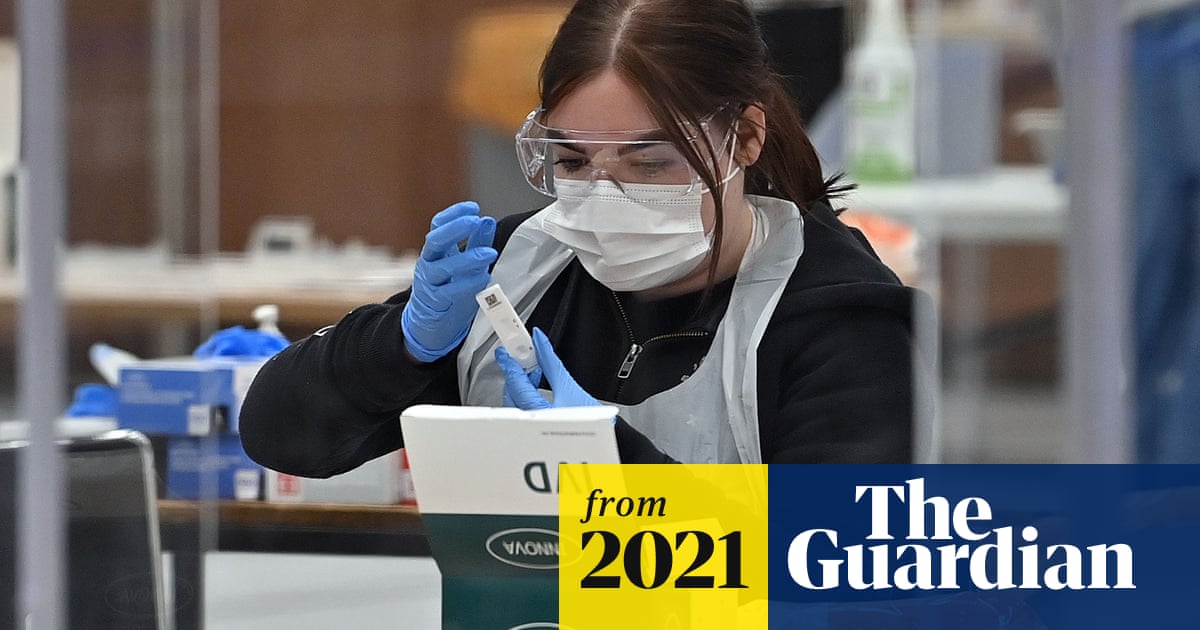Northerner
Admin (Retired)
- Relationship to Diabetes
- Type 1
The US Food and Drug Agency (FDA) has raised significant concerns about the rapid Covid test on which the UK government has based its multibillion-pound mass testing programme.
In a scathing review, the US health agency suggested the performance of the test had not been established, presenting a risk to health, and that the tests should be thrown in the bin or returned to the California-based manufacturer Innova.
In the UK, these lateral flow Innova tests form the cornerstone of Operation Moonshot, the mass-testing scheme championed by the prime minister’s former chief adviser. The idea was that the ability to deliver results within 30 minutes – without the need for processing in a laboratory – provided a cheap, pragmatic and efficient way to identify people who had caught the virus but not fallen ill. But critics have raised concerns about accuracy.
Given the tests have been offered free to millions in England, for use at home or at test centres, workplaces and schools, with the aim of detecting more cases, breaking chains of transmission and saving lives since April, the FDA announcement is particularly damning.

 www.theguardian.com
www.theguardian.com
Remind me, how much taxpayer's money has the government spent on these? Wasn't a figure of £100m bandied about? Sorry, let me correct that, should be £100 billion 😱
Sorry, let me correct that, should be £100 billion 😱 
In a scathing review, the US health agency suggested the performance of the test had not been established, presenting a risk to health, and that the tests should be thrown in the bin or returned to the California-based manufacturer Innova.
In the UK, these lateral flow Innova tests form the cornerstone of Operation Moonshot, the mass-testing scheme championed by the prime minister’s former chief adviser. The idea was that the ability to deliver results within 30 minutes – without the need for processing in a laboratory – provided a cheap, pragmatic and efficient way to identify people who had caught the virus but not fallen ill. But critics have raised concerns about accuracy.
Given the tests have been offered free to millions in England, for use at home or at test centres, workplaces and schools, with the aim of detecting more cases, breaking chains of transmission and saving lives since April, the FDA announcement is particularly damning.

Rapid Covid tests used in mass UK programme get scathing US report
Innova tests’ performance not proven and they should be returned to manufacturer or thrown in bin, says FDA
Remind me, how much taxpayer's money has the government spent on these? Wasn't a figure of £100m bandied about?
